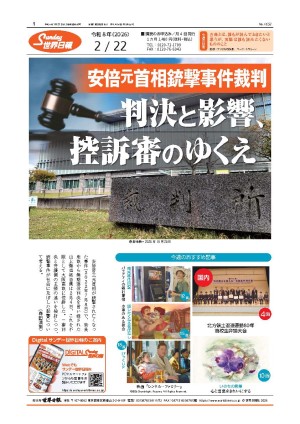カストロ氏死去でキューバ出身米議員らが声明 U.S. lawmakers with Cuban roots reflect on Fidel Castro’s death
26日に入りマイアミの通りに何千人もの人々が集まってフィデル・カストロ氏の死去を喜ぶ一方で、カストロ政権下のキューバ出身のキューバ系米国人政治家らは、独裁者の支配の記憶をよみがえらせるとともに、キューバが今後どうなるかを展望した。
キューバを長期にわたって支配したフィデル氏の死去が25日夜に、弟のラウル・カストロ氏によって国営テレビで明らかにされるとすぐに、フィデル政権の支配を直接経験した人々は感情的な反応を示した。
...【全文を読む】







